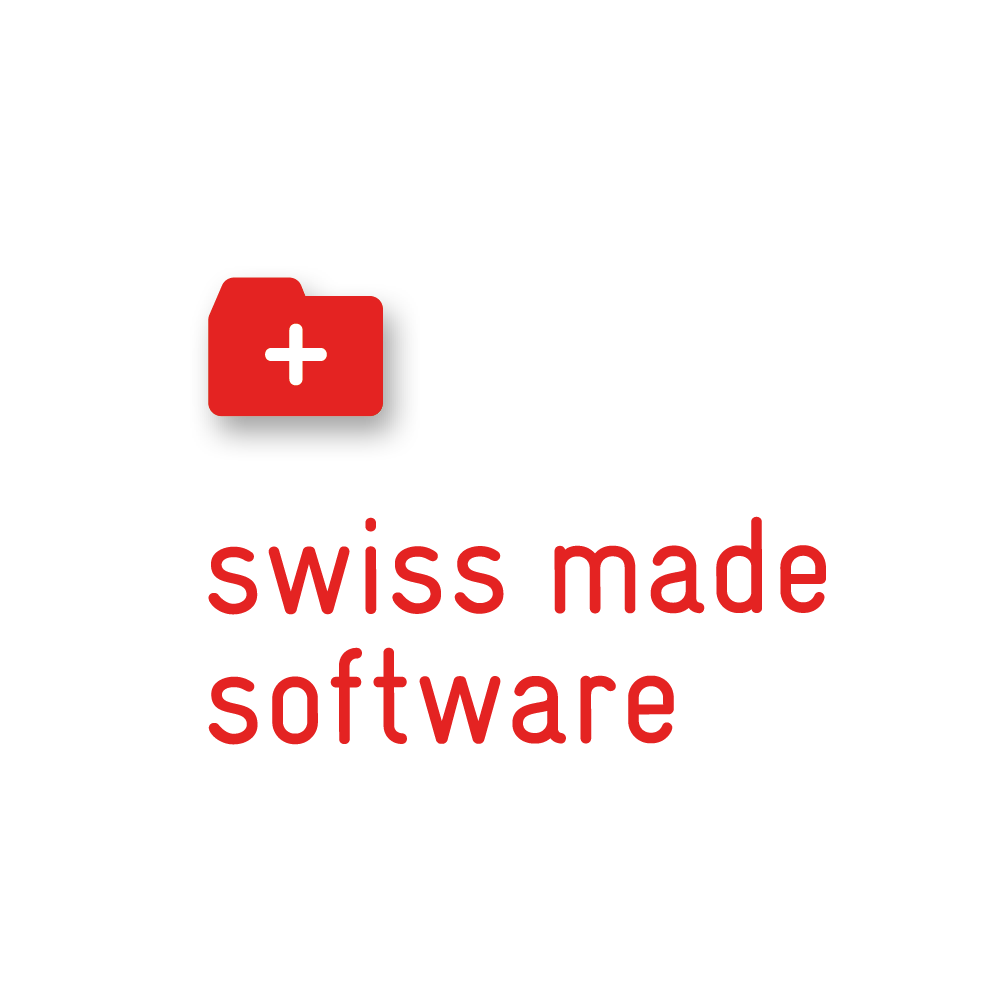The digitization processes of administrations are sometimes confronted with legislative frameworks. It is not only a question of wanting to digitalize, but also of the framework conditions allowing it.Let’s take the example of the electronic signature, which is currently under discussion in many administrations. In this field, the Confederation has taken care to establish the legislative framework, but its application requires the removal of several points as well as the assurance of a common understanding of what the electronic signature is and the conditions under which it applies.Within the framework of its e-government projects, Softcom has the expertise to support public administrations in the preparation of legal bases.
The digitization of administrations requires legal bases.
Softcom contributes to their drafting.
This is the case for the electronic signature project in which we have initiated and pursued a whole analysis on the subject. This reflection has led to the drafting of a white paper publicly and freely available.What does it say and how did we proceed? The first step of the reflection consisted in collecting the needs of the administrations and the population. That is, the power to issue electronically signed documents to the population through an administration portal. But it is also necessary to be able to guarantee the authenticity of these documents, as well as to allow the identification of the origin and the signatory of it.
In order to create the legal basis for the existence of an electronic signature, Softcom has studied the main sources of federal legislation (laws, ordinances and related technical prescriptions, CO, CC and procedural codes) impacted or potentially impacted by the legal recognition of the electronic signature.The first law, the LSCSE, determined the types of signatures recognized, the types of digital certificates, the conditions of use (generic use cases) and the effects deployed by the use of each type of signature and certificate. All other sources of legislation have been used to identify use cases for electronic signatures.

The second part of the analysis work made it possible to determine the actors, their implications and the precise role of the certification providers recognized by the accredited body. This in-depth work has enabled us to reflect on and build the framework conditions for the use of electronic signatures and to assess the opportunities and risks.This sum of recommendations helps public administrations in their strategy to offer the best service to businesses and citizens.
News







